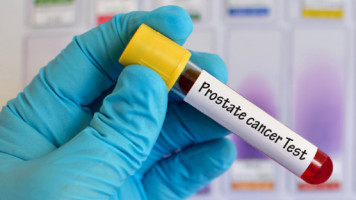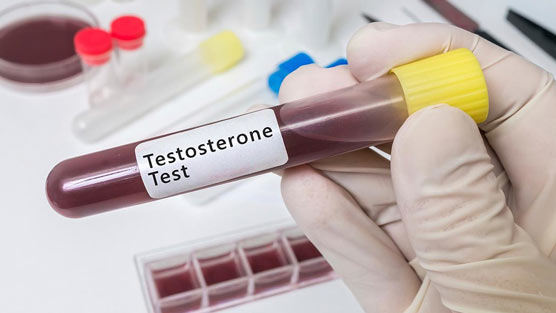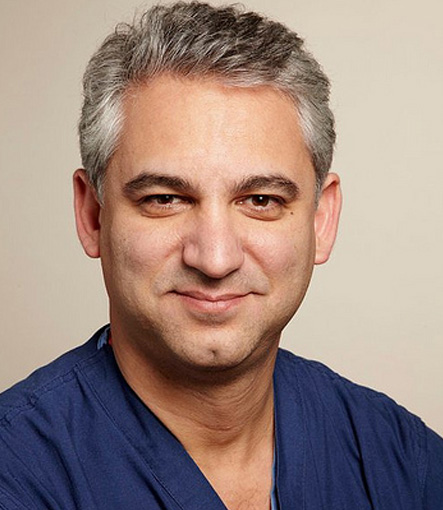Testosterone Therapy Doesn’t Increase The Risk Of Aggressive Prostate Cancer
Men who are prescribed testosterone replacement therapy to restore their male sex hormones to normal levels should have no fear that the treatment will raise their risk of prostate cancer, according to a new study. This was the main conclusion of a study that analyzed a nationwide registry of data on over a quarter of a million – mostly caucasian – men residing in Sweden. Research led by investigators at NYU Langone Medical Center and its Laura and Isaac Perlmutter Cancer Center found that, as a group, men prescribed testosterone for longer than a year had no overall increase in risk of prostate cancer and, in fact, had their risk of aggressive disease reduced by 50%.
“Based on our findings, physicians should still be watching for prostate cancer risk factors — such as being over the age of 40, having African-American ancestry, or having a family history of the disease — in men taking testosterone therapy, but should not hesitate to prescribe it to appropriate patients for fear of increasing prostate cancer risk.”
Lead author Stacy Loeb,MD, MSc.
Loeb pointed out that much of the concern regarding cancer risk is that, as part of standard therapy for advanced prostate cancer, tumor growth is decreased by drugs that drastically reduce rather than increase male hormones. “But when used appropriately by men with age-related low testosterone who are otherwise healthy, testosterone replacement has been shown to improve sexual function and mood.” For their study, the NYU-led researchers chose to examine a very large sample from Sweden. They found the country ideal for this type of study because it has comprehensive, nationwide registries of medical data on prostate cancer and prescription drugs.
Researchers found that 38,570 of the men whose records were examined developed prostate cancer between 2009 and 2012. Of these men, 284 had prescriptions for testosterone replacement therapy before they were diagnosed with prostate cancer. Their records were compared with 192,838 men who did not develop prostate cancer, of whom 1,378 had used testosterone therapy. Researchers noted that while their initial analysis showed an uptick (of 35%) in prostate cancer in men shortly after starting therapy, the increase was only in prostate cancers that were at low risk of spreading and was likely a result from more doctor visits and biopsies performed early on.
“Overall, our study suggests that what is best for men’s health to keep testosterone levels balanced and within a normal range,” said Loeb, who suggested that men with testosterone levels below 350 nanograms per decilitre and symptoms should seek medical advice about whether they should consider testosterone therapy. Loeb also said that the team is planning further studies to determine why low testosterone levels might trigger aggressive prostate cancer and why maintaining normal levels may protect against aggressive disease.
The team presented their findings at the annual meeting of the American Urological Association in San Diego, California.






